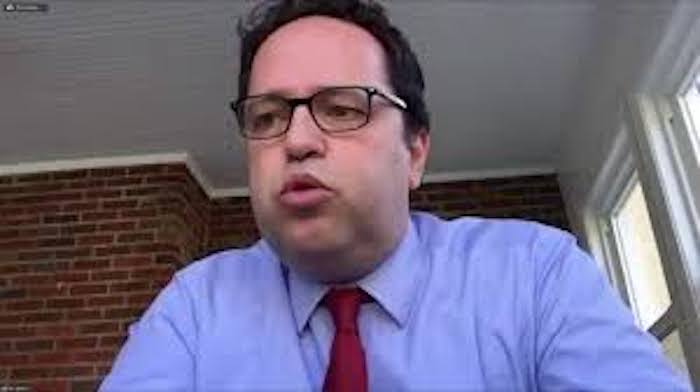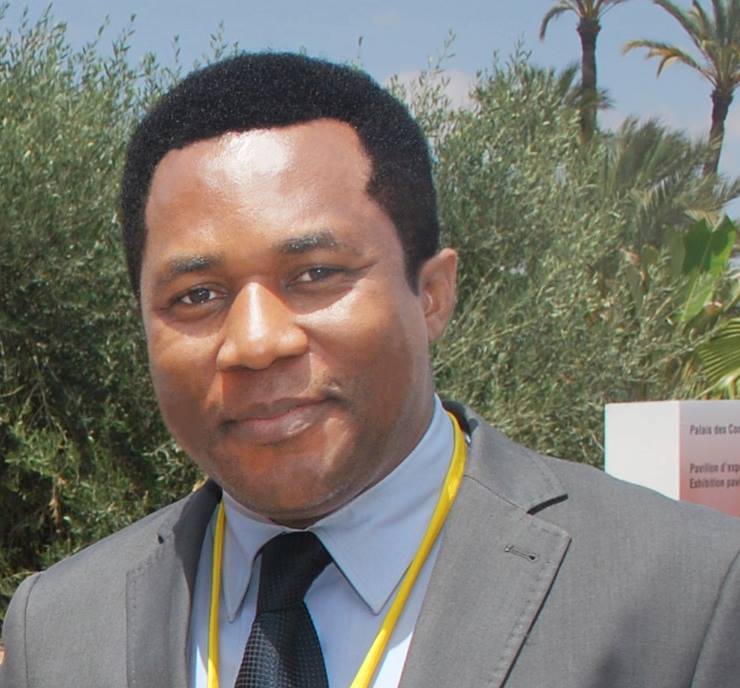IMF Warns That Nigeria’s Debt To GDP Ratio Stifling Development
The International Monetary Fund (IMF) has decried the 76 per cent debt service to revenue ratio of Nigeria as at 2021, expressing concern that it might rise to almost 100 per cent by 2026. Also, the Fund acknowledged that although the public debt is still at a moderate level, the critical aspect is the revenue servicing side, which is projected to rise astronomically if urgent measures are not put in place to grow revenue.
This was disclosed by Mr Ari Aisen, International Monetary Fund (IMF) Resident Representative for Nigeria in Abuja on Monday at the public presentation of the Spring 2022 issue of the Regional Economic Outlook (REO) for Sub-Saharan Africa.
Mr Aisen advised the Federal Government to grow its revenue ratio to GDP to at least 15 per cent by 2025 to enable it to embark on more social spending that would better a lot of the vulnerable segments of the populace.

The Fund projected Nigeria’s Gross Domestic Product (GDP) to hit 3.4 per cent but added that debt would continue to grow as long as the government cannot generate enough revenue to fund its expenditure.
Read also : Cellulant Partners Fintech Startup Grey for East Africa Expansion
The Director-General, Budget Office of the Federation, Mr Ben Akabueze agreed that the 76 per cent debt to revenue recorded in 2021 was high as the government is targeting not more than 30 per cent.
Acknowledging the situation, Mr Akabueze said “we are already in deficit territory. That is why the thrust of gov4is to grow revenue. The total public expenditure to GDP ratio is among the lowest in the world. It is an existential issue for Nigeria. We are not in a position where the government is spending too much, although experiencing a major shortfall in delivering infrastructure”.
He informed that the Federal Government is doing everything possible to generate more revenue through the strategic revenue mobilisation scheme.
Mr Aisen, while presenting the Regional Economic Outlook for April, Sub-Saharan Africa said “The economic recovery in sub-Saharan Africa surprised on the upside in the second half of 2021, prompting a significant upward revision in last year’s estimated growth, from 3.7 to 4.5 per cent.
“This year, however, that progress has been jeopardized by the Russian invasion of Ukraine which has triggered a global economic shock that is hitting the region at a time when countries’ policy space to respond to it is minimal to nonexistent.
“Most notably, surging oil and food prices are straining the external and fiscal balances of commodity-importing countries and have increased food security concerns in the region”.
Read also : Newly Launched VC Ambo Ventures Invests In Biotech Startup Natrify
The International Monetary Fund (IMF) Resident Representative for Nigeria noted that “moreover, the shock compounds some of the region’s most pressing policy challenges, including the COVID-19 pandemic’s social and economic legacy, climate change, heightened security risks in the Sahel, and the ongoing tightening of monetary policy in the United States”.
He submitted that because of this, the growth momentum for the region has weakened this year with economic activity expected to expand by 3.8 per cent, while the economic recovery is projected to accelerate in 2023 to about 4 per cent over the medium term, noting that this pace is not enough to make up for lost ground from the pandemic.
Besides accelerating the COVID-19 vaccination campaign, Mr Aisen averred that immediate policy priorities include helping the most vulnerable households cope with high food and energy costs without adding to existing debt vulnerabilities, containing inflation pressures, and managing exchange rate adjustments.
He reiterated that looking beyond the pandemic and current geopolitical tensions, job creation and meeting the Sustainable Development Goals will require strong, inclusive, and sustainable growth in the region.
Read also : Applications Open for 2022 Africa’s Business Heroes Prize Competition
To this end, he pointed out that “decisive policy action is needed to enhance economic diversification, unleash the private sector’s potential, and address the challenges posed by climate change”.
Mr Aisen disclosed that within a space of two years, from 2020 the IMF has provided the sum of $6.8 billion in soft loans to Nigeria for sundry purposes.
Kelechi Deca

Kelechi Deca has over two decades of media experience, he has traveled to over 77 countries reporting on multilateral development institutions, international business, trade, travels, culture, and diplomacy. He is also a petrol head with in-depth knowledge of automobiles and the auto industry



